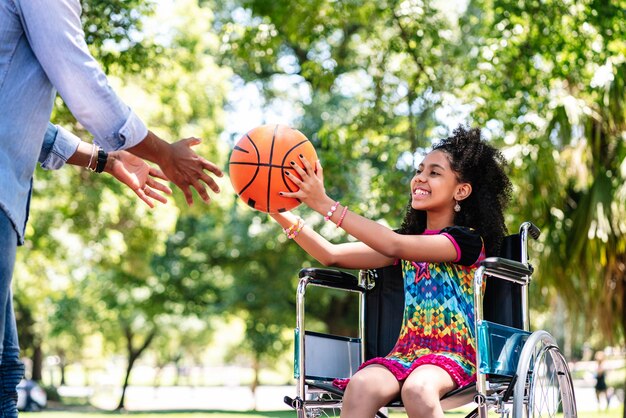Cultivating social skills in children with special needs

Raising a child with special needs comes with unique challenges and joys. One area that often requires additional support is the development of social skills. Social skills help children communicate, connect and build relationships. Children with conditions such as Autism Spectrum Disorder (ASD), Attention-Deficit/Hyperactivity Disorder (ADHD), or developmental delays may experience difficulties in understanding social cues, expressing emotions or initiating conversations.
Below are practical and effective ways to nurture social skills for children with special needs, offering actionable tips and resources to support your child’s growth.
Understand Your Child’s Unique Needs
Each child with special needs is unique, so it’s essential to tailor social skill-building strategies to fit their individual strengths and challenges. For instance, children with autism might benefit from learning to recognize and interpret facial expressions, while children with ADHD may need help with self-control in group settings.
Tips for Tailoring Social Skills:
Consult professionals: Speak with your child’s therapist, psychologist, or special education teacher to identify specific areas of need.
Observe your child: Notice how they interact with others, what types of social situations they struggle with, and which methods work best for them.
Set realistic goals: Set achievable social goals that respect your child’s pace. Small, consistent steps lead to meaningful progress.
Teach Non-verbal Communication
Nonverbal cues such as body language, eye contact, and facial expressions are a fundamental part of social interactions. Many children with special needs struggle to interpret these cues, so teaching these explicitly can make a huge difference.
Activities to Teach Non-verbal Cues:
Role-playing games: Practice different scenarios where your child can learn to read body language, like interpreting if someone is happy or sad.
Facial expression images: Use flashcards to familiarize your child with different facial expressions and their meanings.
Eye contact exercises: Gently encourage eye contact by playing games like “look at me when I talk,” but don’t force it if it makes them uncomfortable.
Model and Practice Social Situations
Modeling behaviors and providing opportunities to practice can help your child develop confidence in social settings. Role-playing is an effective technique, allowing children to experience real-life situations in a safe and supportive environment.
Practice Through Role-Playing:
Greetings and introductions: Practice saying “hello,” introducing themselves, and shaking hands.
Turn-taking games: Use simple games that require taking turns to build patience and respect for others’ space.
Problem-solving scenarios: Role-play common situations like asking for help or handling disagreements.
Use Social Stories for Skill-Building
Social stories are short narratives that explain social situations in a straightforward way, making them highly effective for children with special needs. These stories break down scenarios into manageable steps and illustrate positive behaviors, helping children understand what is expected of them.
Creating Social Stories:
Identify key skills: Focus on one skill per story, such as greeting friends, asking to join a game or sharing toys.
Keep it simple: Use clear, concise language and visual aids to illustrate each step.
Reinforce through repetition: Read the stories regularly and apply the lessons to real-life situations when possible.
Encourage Structured Socialization
Unstructured playdates and social gatherings can sometimes be overwhelming for children with special needs. Structured social settings, however, provide a predictable environment, making social interactions more manageable.
Tips for Structured Socialization:
Enroll in groups: Look for special needs groups that focus on social skills, like a cooking class or art club.
Organize small playdates: Invite a few understanding peers to reduce social pressure.
Leverage Technology and Apps
In today’s digital age, numerous apps and online resources are designed to support social skills for children with special needs. These tools provide engaging and interactive ways to reinforce skills, often using visual aids and gamified learning.
Celebrate Small Wins
Celebrating progress is crucial. Social skill development can be slow, and it’s essential to recognize and praise small victories along the way. Positive reinforcement boosts your child’s confidence and motivates them to keep practicing. Keep track of achievements and milestones to remind your child of their hard work and progress. Offer verbal praise and acknowledge their efforts with praise.







